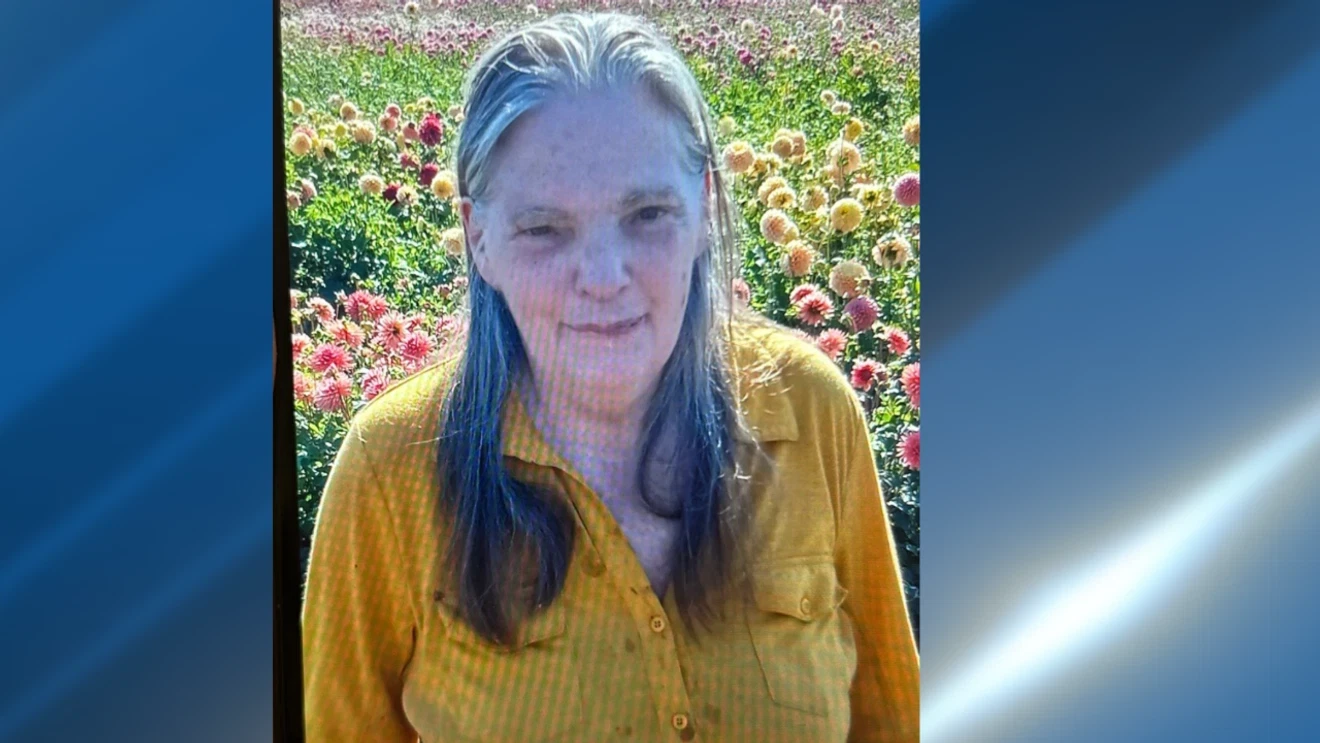PORTLAND, Ore. (KATU) — Relief spread across Portland on Saturday evening after authorities confirmed that Marsha King, a 72-year-old woman with dementia who went missing from her care facility, was found safe at a local hospital.
The Portland Police Bureau announced the update at 6:08 p.m., ending hours of searching and concern from her family, caregivers, and community members.
The Disappearance
Earlier in the day, police had issued an urgent request for the public’s assistance in locating King, who disappeared from her care facility in the 14700 block of Southeast Rhone Street in Portland’s Centennial neighborhood.
Also Read
King is described as a white female, 5 feet 4 inches tall, weighing about 200 pounds, with salt-and-pepper hair. She walks with a noticeable hunch in her back and, when last seen, was wearing a turquoise shirt, brown pants, and black shoes.
Police emphasized that because King lives with dementia, she is prone to confusion. While she may become disoriented, officers noted she could also ask strangers for help.
Why Time Was Critical
Authorities treated the case with urgency, pointing to the heightened risks for missing persons with dementia. According to the Alzheimer’s Association, six in ten people living with Alzheimer’s or related dementias will wander at some point. In such cases, the chances of harm increase significantly the longer someone is missing.
Given King’s condition, police urged Portland residents to be alert and to call 911 immediately with any information.
How to Approach Someone With Dementia
In their guidance, Alzheimer’s advocacy organizations stress the importance of careful, respectful interactions when encountering a person with dementia who may be lost or confused.
Some of the recommendations include:
-
Approach gently: Get close enough to communicate clearly but avoid invading personal space, which could cause fear or distress.
-
Use eye contact: Make steady but non-intimidating eye contact to help build trust.
-
Stay calm: Speak slowly and in a relaxed tone, using short, simple sentences.
-
Mind your body language: Keep movements open and non-threatening.
-
Gather information: If possible, collect basic details such as their name, appearance, or medical needs and be ready to share with authorities.
Experts stress that showing patience and empathy can make all the difference in safely reuniting individuals with their caregivers.
Community Concern
Word of King’s disappearance spread quickly across Portland. Neighbors and community members shared her description on social media, while local news outlets amplified the police alert. For many, the case struck a chord because dementia-related wandering is an issue that affects families everywhere.
“Every time we hear about something like this, it reminds us that it could be our loved one,” said a Portland resident who lives near the Centennial area. “We’re just so glad she was found safe.”
Found Safe
By Saturday evening, relief arrived when police confirmed that King had been located at a hospital. Authorities did not immediately release details on how she got there or her condition, but they emphasized she was safe and receiving appropriate care.
The update ended a tense day for King’s caregivers and loved ones, who had feared the worst as the hours passed.
A Broader Reminder
While King’s safe return brought a happy ending, advocates say her case highlights the importance of preparation and awareness for families affected by dementia. Tools such as ID bracelets, GPS tracking devices, and neighborhood alert systems can help reduce risks when wandering occurs.
The Alzheimer’s Association encourages families to have a plan in place, including notifying local law enforcement about a loved one’s condition and compiling vital information that can be quickly shared in emergencies.
For Portland, Saturday’s events offered both a sigh of relief and a reminder of the community’s role in protecting its most vulnerable members.












